If you’ve ever tried to chase a stressful week with a happy hour cocktail, while taking your daily spironolactone, you’re probably not alone. But why does that combo sometimes send your world spinning more than a wild amusement park ride? There’s real science behind the dizzy spells, the sudden fatigue, and why that second drink just feels... different. The story is hiding in the way these two work deep inside your body. Grab a comfortable chair, because this isn’t the kind of story where you just skip to the end and everything makes sense. We’re talking about chemistry, brain signals, blood pressure tricks, and how small decisions impact your day for the better—or a little worse.
How Spironolactone Really Works in Your Body
Let’s start with spironolactone itself. Most folks know it as a water pill—it’s popular for managing blood pressure, battling fluid retention, or clearing acne when nothing else works. What’s wild about spironolactone is how it acts like a double agent. Instead of flushing salt and water out of your system at random, it zones in on special sites in your kidneys called aldosterone receptors. In normal speak? It blocks a hormone (aldosterone) that tells your body to hang onto sodium and get rid of potassium. When you block it, you pee out extra water and salt but keep your precious potassium around. That’s not just a chemistry trick—that impacts heart rhythms, nerve function, and how tired or alert you feel.
But it doesn’t just stop at your kidneys. Spironolactone’s effects stretch out, crossing paths with testosterone and other hormones. That’s why dermatologists sometimes prescribe it for hormonal acne, and why it isn’t just considered a ‘woman’s drug’ or a simple blood pressure pill. Feel like you’re running to the bathroom every thirty minutes right after taking your dose? That’s not your imagination—the water loss is real. Your blood volume dips, your blood pressure follows, and (here’s the key) sometimes your brain gets a little less of that oxygenated blood it loves, which cues up that classic head rush or dizzy washout.
The most common side effect, second only to thirst, is dizziness. Especially if you get up too fast or forget to keep sipping water during the day. Your body is learning, on-the-fly, how to live with less salt, more potassium, and lower pressure. Most days, you don’t notice. But add anything that also messes with your blood flow or brain signals, and suddenly the balance tips—hard.
Alcohol’s Role in Pharmacodynamics and Dizziness
Now, let’s pour a glass for the other half of this story: alcohol. Unlike spironolactone, alcohol isn’t picky about which body system it crashes. It absorbs super quickly in your stomach and small intestine, hitting your bloodstream fast. First, it acts on your brain—slowing your reaction time, messing with balance, and turning up your ‘chill’ signals by increasing GABA, a neurotransmitter that acts like your brain’s brakes. But here’s where it gets sneaky: alcohol is also a diuretic, just like spironolactone. It nudges your kidneys to get rid of more water, and not in a helpful, organized way. You can lose a lot of fluid before you even feel drunk, and that dehydration is a major player in the hangover blues—but it comes with a side order of dizziness, dry mouth, and mental fuzz.
Tilt back a beer or a glass of wine, and the first thing you’ll notice (if you’re paying attention) is a slight drop in blood pressure. People with healthy hearts only get a little dizzy, but stack alcohol on top of even small doses of spironolactone, and you’ve got two hands pushing the same elevator button down. That’s why pharmacodynamics matters: it’s not just what each drug does by itself, but how they multiply each other’s side effects when they cross paths. Alcohol dampens the nervous system’s ability to compensate for standing up quickly, being tired, or missing a meal. Pair that with a body low on salt, working with less circulating blood, and you’re primed for the kind of dizziness that doesn’t just ruin your night—but can lead to dangerous falls, fainting, or sudden headaches that have you clutching the back of a booth wondering where reality went.
Digging deeper: alcohol plays wild games with electrolytes, flushing out sodium and potassium but often in an unbalanced way. Your heart doesn’t like this one bit. Mix spironolactone, which already keeps potassium high and sodium low, with booze, and you’re double-dog-daring your body to compensate. That feeling of being lightheaded when you stand, or watching the room spin when you tilt your head, is your nervous system yelling for help.
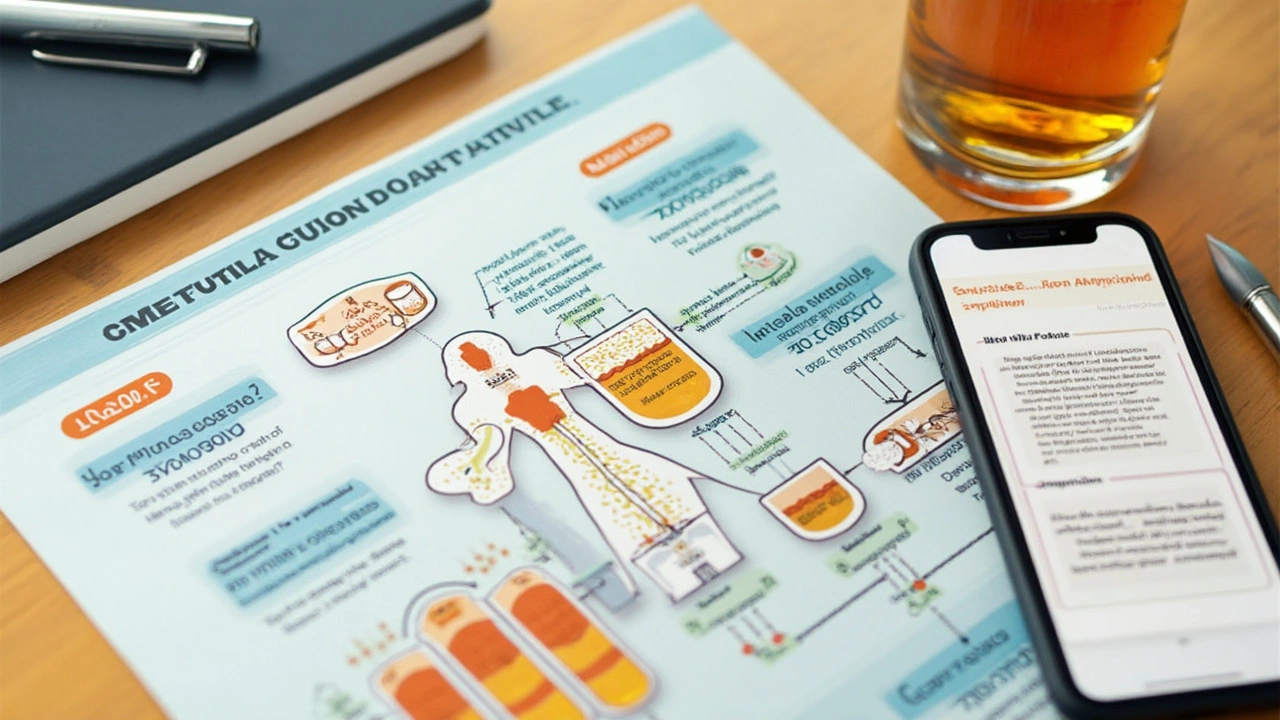
Why Dizziness Gets Worse: The Real Mechanics
So why does mixing the two have such a nasty effect? Think about what happens when you stand up after a drink or two with spironolactone on board: Your blood pressure is already a bit lower. Your blood volume (the actual amount of liquid running in your veins) might be down from peeing more. Alcohol has made your nervous system slow to react. Stand, and blood pools in your legs, your brain gets less oxygen for a beat—and boom—dizziness, maybe even tunnel vision or a blackout spell. Not because you had too much to drink, not because the medication is ‘too strong,’ but because together they lower the safety cushion your body naturally has to keep you upright and thinking straight.
Another fun (and scary) fact: both alcohol and spironolactone can irritate your stomach. Alone, you might just feel queasy—together, you could get an outright tummy ache, nausea, or, in worst cases, throw up. Now imagine being dizzy and sick. That’s a recipe for dropping your smartphone down the toilet, banging into a door, or just needing to lie on the floor until the spinning stops.
Studies and doctors both warn about falls for older adults, but even if you’re young and active, dehydration, low salt, and blood pressure dips can make a staircase or city curb way more dangerous. And for folks who deal with chronic illness or take multiple medications, there’s an even higher risk of drug interactions ramping up side effects without warning.
Don’t forget—it’s not always obvious when things go off the rails. Sometimes, you only notice you’re extra dizzy the next morning, especially if you skipped dinner, forgot to drink water, or lost track of your usual spacing for meds and alcohol. It isn’t about willpower or being ‘bad’ at drinking; it’s pure body chemistry, pulled in two directions at once.
Practical Tips to Stay Safe (and Sane) with Spironolactone and Alcohol
If you’re not ready to cancel all happy hours forever, you’re not alone. Here’s the real-life cheat sheet for surviving spironolactone plus alcohol—without turning into a cautionary tale at brunch. First: know your numbers. Even one drink can inch your blood pressure down, especially if you’ve doubled up on water pills that day. Space out your drinks from your med dose by a few hours if you can; don’t ever take both on an empty stomach. Your liver and kidneys need support, not surprise attacks.
Hydration might sound boring, but it’s your single best defense. Think of water like a buffer, not just for your head but for every cell. Set a timer if you have to, and sip steadily—even after your last drink. If you start feeling lightheaded, slow down and sit. Don’t let pride shove you into a fainting episode.
Food matters, too. Salt can help offset spironolactone’s effects, and a balanced snack before or during drinking adds cushion. Bananas (hello, potassium) aren’t always your friend here; your levels are probably high enough. Instead, reach for a handful of pretzels or some broth after pre-drinking your meds. If you notice swelling in your legs, heart palpitations, or a headache that feels ‘different’—put the glass down and call your doctor. Those can be warning signs your body is struggling to keep up.
Worried about mixing the two? Check out expert resources like spironolactone interactions with alcohol for more strategies and what to watch for with combinations that seem safe, but aren’t always. If your pharmacist or health provider gives you a yellow light, ask about alternatives for social events, like skipping your dose the day before drinking (never do this without their guidance), or letting them help you build a safer plan for big nights out.
Key takeaway? You’re not allergic to fun—just tuned in to what your unique body chemistry demands. The science says proceed with caution, but the power to avoid spinning rooms and ER visits is all yours. There’s no harm in being the friend who sips slow, snacks well, and skips risky combos when it counts.
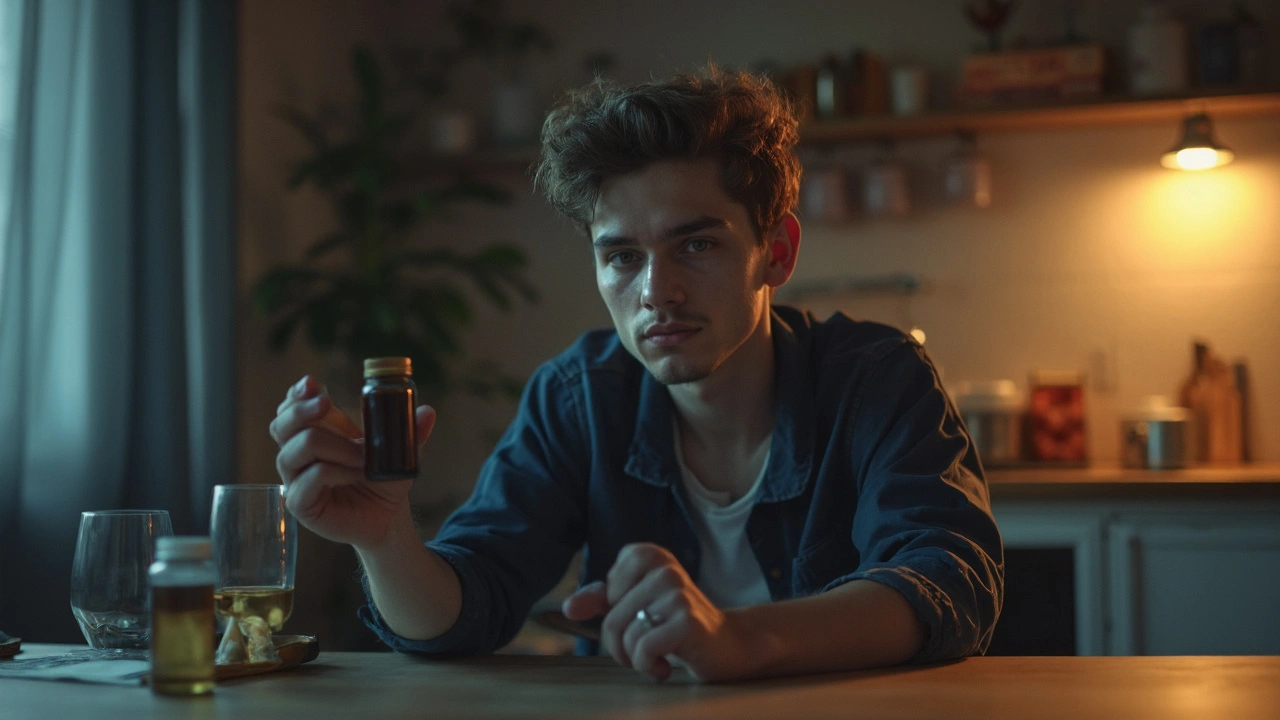
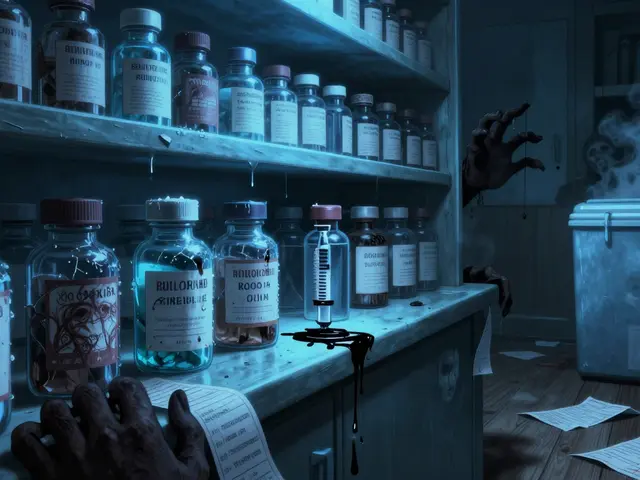
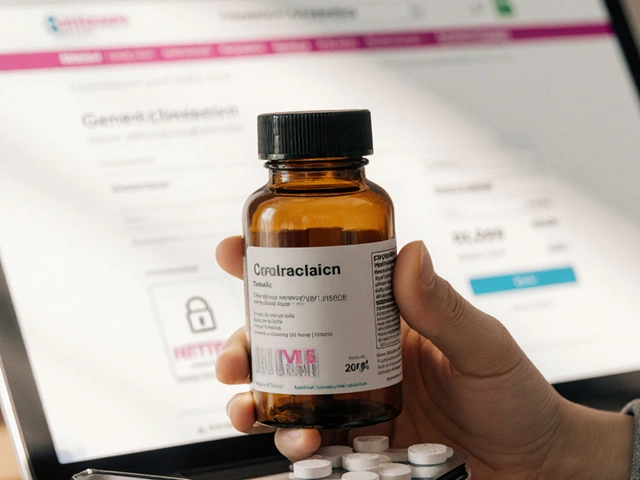
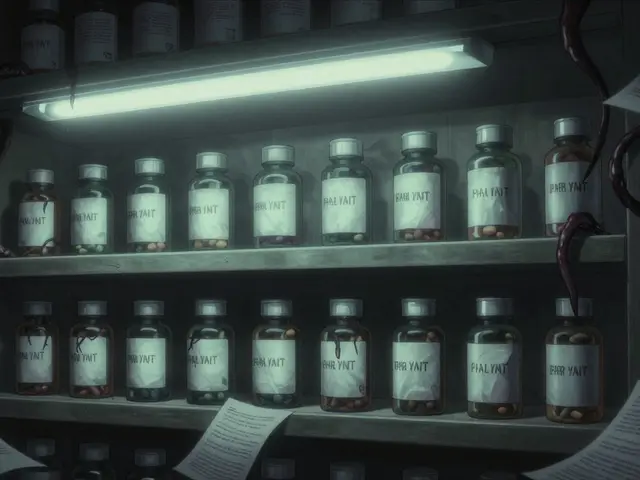
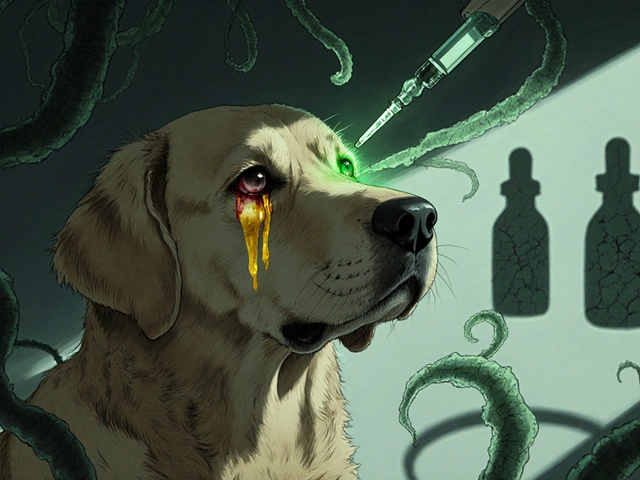
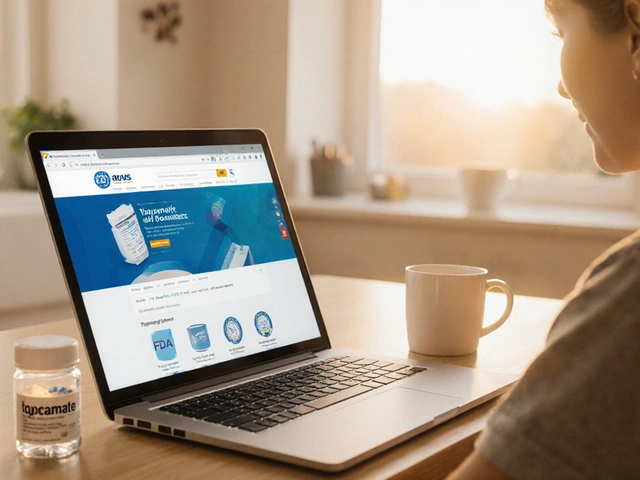
19 Comments
Paige Crippen
June 3, 2025 AT 18:12 PMEver wonder why the big pharma pushes spironolactone like a candy? The truth is hidden in the corridors of power, where they want us glued to cheap diuretics while we drown in alcohol‑induced chaos. They’ll never tell you that the drug was originally tested for mind‑control experiments, and the side‑effects are just a way to keep us dependent. The combination with booze is a perfect storm they designed to make us feel weak and seek more prescriptions. Stay alert, because the manufacturers are counting on our dizziness to sell more pills.
sweta siddu
June 12, 2025 AT 18:12 PMThanks for sharing! 😊 It’s wild how the body chemistry can feel like a roller‑coaster when you mix meds and drinks. I always keep a water bottle handy and snack on salty nuts to balance the dip in blood pressure. Remember, a little hydration goes a long way, especially after a night out. 🌟
Ted Mann
June 21, 2025 AT 18:12 PMLife is a series of cause‑and‑effect equations, and spironolactone plus alcohol is a perfect illustration of entropy in action. When you reduce your blood volume, the brain receives a weaker signal, and the added GABA boost from ethanol magnifies the sense of unreality. It’s not just a random mishap; it’s a deterministic cascade you can anticipate if you understand the underlying physiology. The philosophical lesson? Ignorance is a comfortable lie, but the body will betray you with a spin when you push it beyond its adaptive limits. So, respect the system, or the system will remind you of its dominance.
Brennan Loveless
June 30, 2025 AT 18:12 PMPeople love to treat spironolactone like a harmless water pill, but they ignore the fact that it’s a weapon against your autonomy. Mixing it with alcohol just proves how fragile the average citizen’s health really is. You think you’re in control, but the chemicals are pulling the strings. Don’t be fooled by “doctors” who hand you prescriptions with a smile.
Vani Prasanth
July 9, 2025 AT 18:12 PMGreat breakdown! I’ve found that pacing my drinks and having a salty snack, like pretzels, helps keep my blood pressure steadier. Also, sipping a glass of broth between cocktails can restore electrolytes without overloading the system. If anyone feels light‑headed, sitting down for a minute and drinking water is a simple but effective move. Keep sharing these practical tips – they really make a difference for those of us juggling meds and social life.
Maggie Hewitt
July 18, 2025 AT 18:12 PMOh, because the universe cares about my weekend plans.
Mike Brindisi
July 27, 2025 AT 18:12 PMHere is the quick math you need. Spironolactone drops your blood volume. Alcohol further dehydrates you. Together they cause dizziness. Just drink water and skip the extra drink.
Steven Waller
August 5, 2025 AT 18:12 PMIt’s helpful to view this combination as a lesson in self‑care. Your kidneys, heart, and brain all communicate, and when you disrupt that dialogue with alcohol, you invite imbalance. A practical approach is to schedule medication at a time when you’re not planning to drink, and to hydrate consistently throughout the day. This way you give each system the chance to function within its optimal range, reducing the risk of that unsettling spin.
Puspendra Dubey
August 14, 2025 AT 18:12 PMYo man, that spinny feeling is like when you watch a Bollywood thriller and the hero forgets his lines 🤣. You think a couple of brews won’t matter, but then you’re wobblin’ like a jelly on a trampoline. The meds already got you low‑key lightheaded, add booze and boom – you’re dancing on the floor with the ceiling! Pro tip: keep a bottle of soda nearby, it’s the hero that saves the day. And remember, the next morning you’ll thank yourself for not turning the night into a slapstick comedy. :)
Shaquel Jackson
August 23, 2025 AT 18:12 PMHonestly, this is just another excuse to scare people. If you can handle a drink, you can handle the pill. No big deal.
Tom Bon
September 1, 2025 AT 18:12 PMWhile the article presents a thorough overview of the pharmacodynamic interactions, it would benefit from citing specific clinical studies that quantify the incidence of orthostatic hypotension in patients on spironolactone who consume alcohol. Additionally, a brief discussion on alternative antihypertensive agents with a lower diuretic profile could enhance its utility for clinicians.
Clara Walker
September 10, 2025 AT 18:12 PMThe government’s health agencies love to push spironolactone because it creates a dependency loop-first they get you on the drug, then they hide the synergy with alcohol to keep you off work and needing more medical attention. It’s a classic case of engineered chronic fatigue. Stay vigilant, question the labels, and demand transparent research on these hidden interactions.
Jana Winter
September 19, 2025 AT 18:12 PMI noticed several grammatical oversights in the piece. For instance, “your body low on salt, working with less circulating blood” should be “your body low on salt, working with less circulating blood.” Also, “the story is hiding in the way these two work deep inside your body” would read better as “the story hides in how these two work deep inside your body.” Precision matters, especially in medical writing.
Linda Lavender
September 28, 2025 AT 18:12 PMAh, the perennial dance of diuretics and libations, a choreography worthy of a Shakespearean tragedy if one were inclined to dramatize the physiological upheavals that accompany their ill‑fated union. One begins with spironolactone, that modest aldosterone antagonist, which, in its diligent quest to preserve potassium, unabashedly expels sodium and water, thereby coaxing the vascular system into a modest yet perceptible decline in intravascular volume. Enter ethanol, that convivial yet duplicitous social lubricant, which, upon ingestion, swiftly pervades the bloodstream, amplifying gamma‑aminobutyric acid (GABA) transmission and seducing the central nervous system into a state of languid composure. The synergistic effect of these two agents is not a mere arithmetic sum but a geometric escalation, wherein the concomitant diuretic forces precipitate a crescendo of hypovolemia that the baroreceptor reflex struggles to compensate for. As the arterial pressure wanes, cerebral perfusion diminishes, and the vestibular apparatus-ever the sentinel of equilibrium-broadcasts a distress signal that manifests as vertigo, tunnel vision, and an ever‑present sensation of the world tilting away. Moreover, the electrolyte milieu is further perturbed; ethanol’s proclivity for sodiuresis and kaliuresis collides with spironolactone’s potassium‑sparing disposition, engendering a precarious balance that can tip toward hyperkalemia or hyponatremia depending on individual renal handling. The clinician, aware of these intricacies, would counsel moderation, emphasizing the timing of medication relative to alcohol ingestion, the indispensable role of hydration, and the judicious selection of electrolytes‑rich sustenance. From a pharmacokinetic perspective, the hepatic metabolism of both agents may be competitively inhibited, prolonging half‑lives and extending the window of vulnerability. Patients, particularly the elderly, are admonished to avoid abrupt postural changes, to rise slowly from seated positions, and to maintain a consistent fluid intake throughout the evening. Indeed, the sagacious reader will recognize that the narrative extends beyond mere sensations of dizziness; it encompasses the specter of syncope, falls, and the cascading sequelae of injury. In sum, the interplay between spironolactone and alcohol is a cautionary tableau, a reminder that the body’s homeostatic orchestra can be rendered discordant by the careless overlay of convivial indulgence. The moral, if one insists upon a didactic conclusion, is simple: respect the pharmacology, honor your physiology, and let the evening’s merriment be guided by prudence rather than excess.
Jay Ram
October 7, 2025 AT 18:12 PMKeep it chill, folks. A little water between drinks and a snack can keep the wobble at bay. You’ve got this!
Elizabeth Nicole
October 16, 2025 AT 18:12 PMHey everyone! I love how this breaks down the science in a friendly way. If you’re feeling a bit off after a drink, try adding a pinch of salt to your snack and sip water steadily. Also, a quick walk can boost circulation and reduce that dizzy feeling. Stay safe and enjoy responsibly! 🌈
Dany Devos
October 25, 2025 AT 18:12 PMFrom a professional standpoint, the article presents a comprehensive overview yet neglects to address the potential for drug‑drug interactions beyond alcohol, such as NSAIDs, which may further compromise renal function. A more thorough risk assessment would strengthen the guidance offered to patients.
Sam Matache
November 3, 2025 AT 17:12 PMThat whole “mix and match” vibe is pure drama, mate. You think you’re the star of a party, but your kidneys are yelling “stop!” while your brain is doing the limbo. Bottom line: don’t be a hero – just know your limits.
Hardy D6000
November 12, 2025 AT 17:12 PMLet’s cut through the fluff: the claim that occasional alcohol is harmless with spironolactone is a myth propagated by those who don’t want to see the data. Clinical evidence shows a measurable increase in orthostatic hypotension incidents when the two are combined, even at low alcohol dosages. If you value your safety, adjust your drinking habits or discuss alternative therapies with your physician. Ignoring this is not an option.